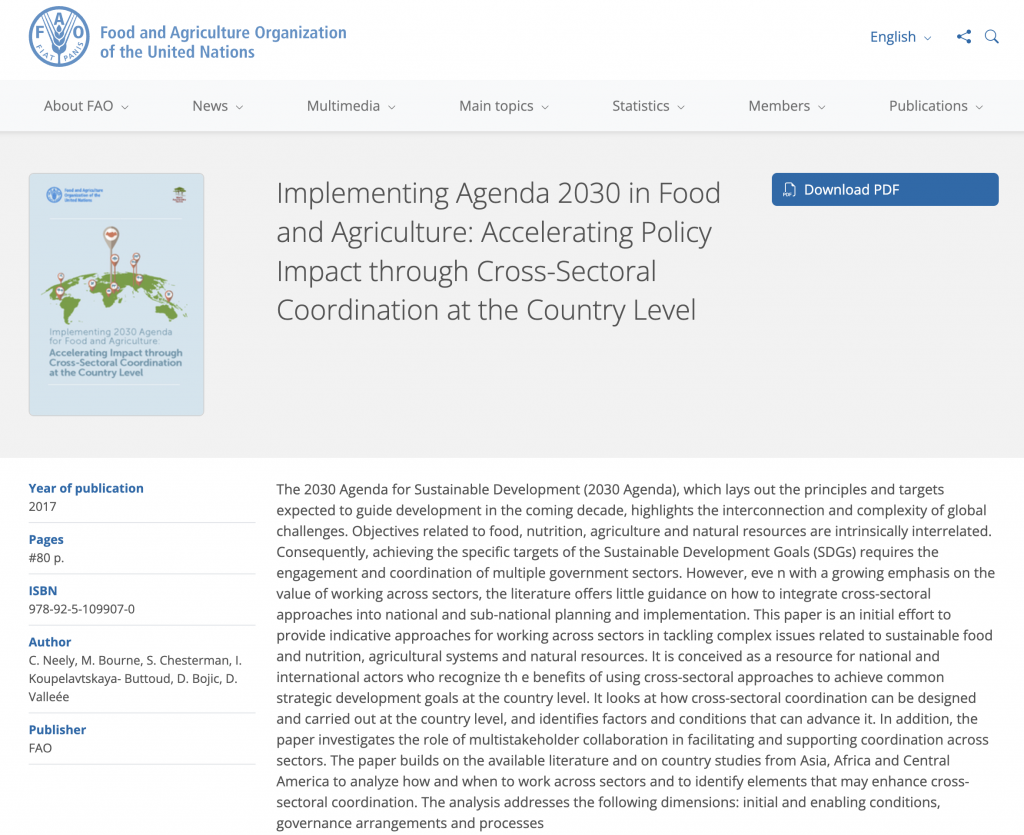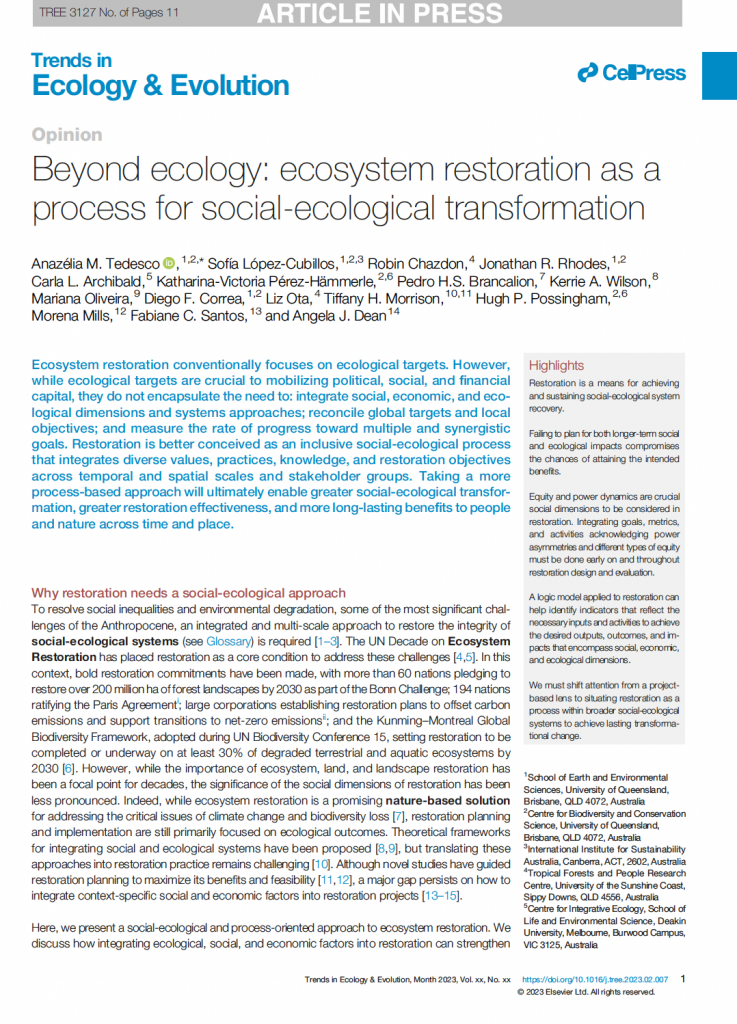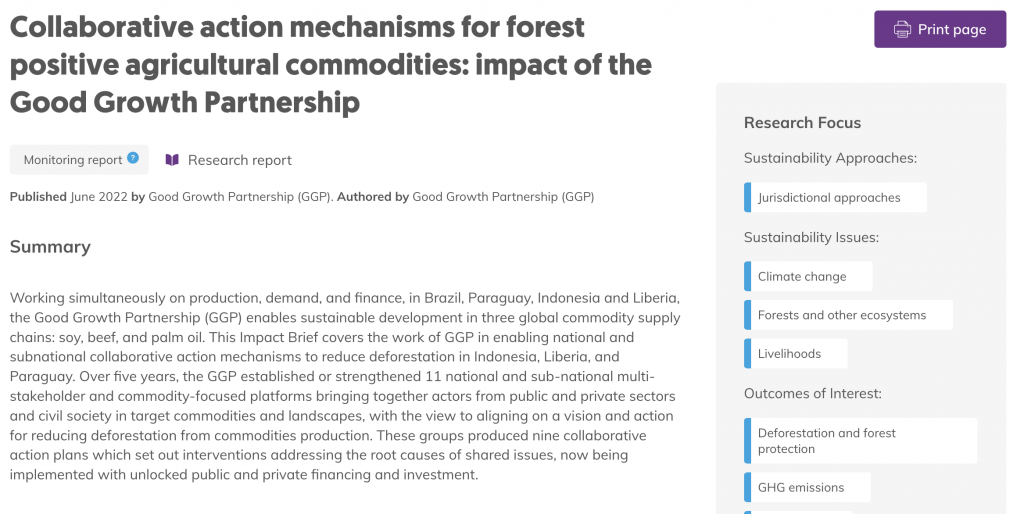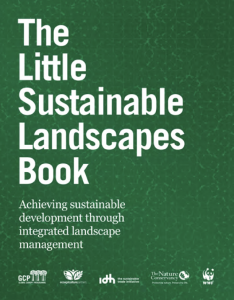
Implementing Agenda 2030 in Food and Agriculture: Accelerating Policy Impact through Cross-Sectoral Coordination at the Country Level




Published back in 2015, The Little Sustainable Landscapes Book remains a piece of our mosaic of understanding – a foundational volume by thinkers that remain very much remain engaged in the landscape space today.

Of course, our thinking on Integrated Landscape Management has advanced plenty over these past seven years: from a biophysical, technocratic and top-down approach to one that has more organic origins but is also more ambiguous and complexity-embracing.
Download it in English, French, Indonesian, Spanish or Bahasa here.
This book aims to demystify and share best practices of integrated landscape management as a holistic approach to reconcile the sometimes-competing objectives of economic development and environmental sustainability. The book highlights how integrated landscape management can be a useful tool to support local needs and priorities, while also contributing to ambitious global goals, such as the SDGs.P13, THE LITTLE SUSTAINABLE LANDSCAPES BOOK
The book outlines the key elements that form the basis of integrated landscape management, and the tools that can be used for its implementation. It examines the broader governance, market and finance catalysts that can help to achieve sustainable landscapes. It concludes with a set of key recommendations for action to advance the effective use of integrated landscape management around the world.
What have you learned from this publication? What do you think has changed since it was published?